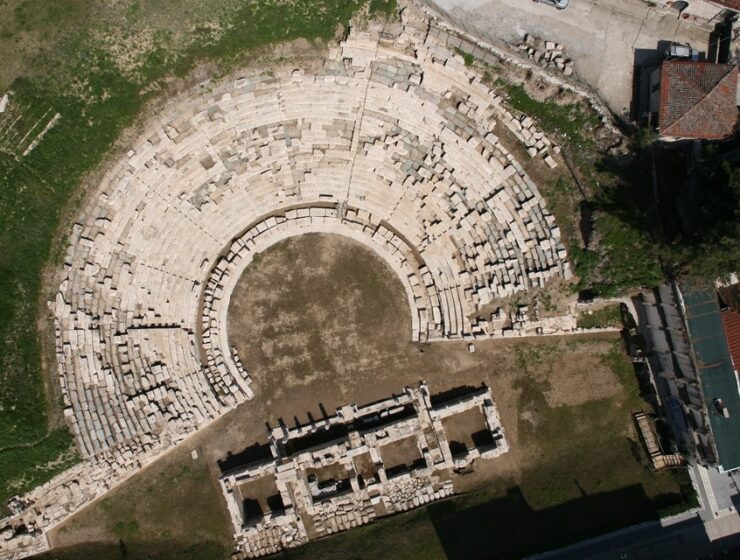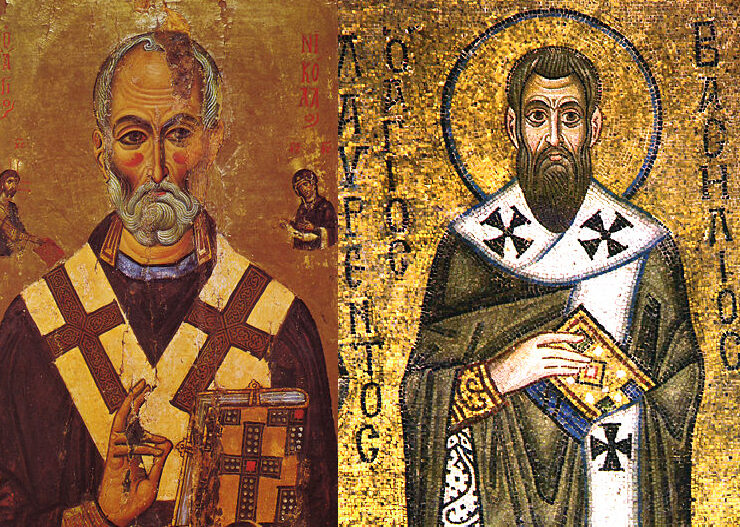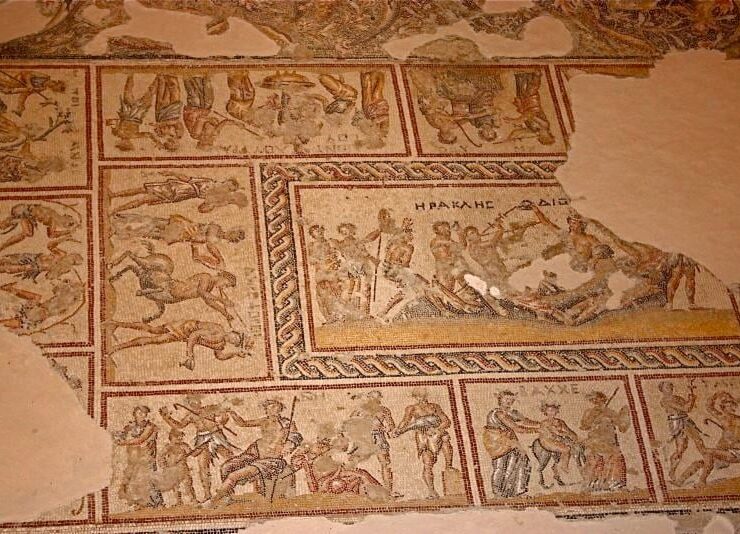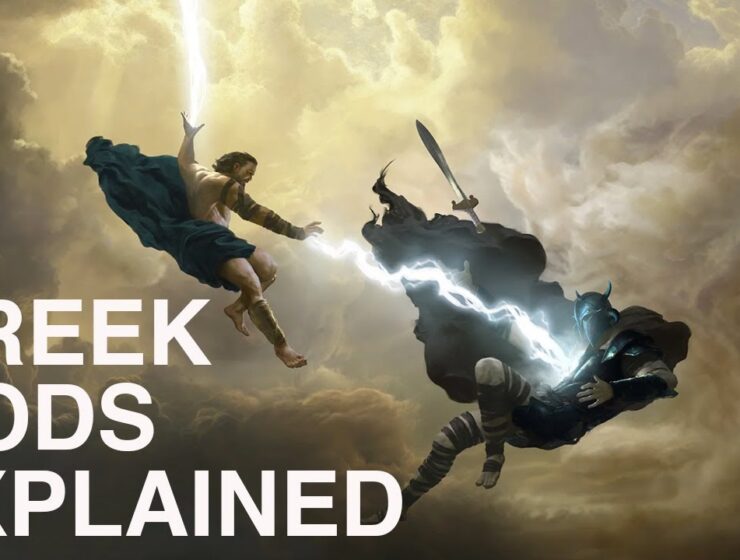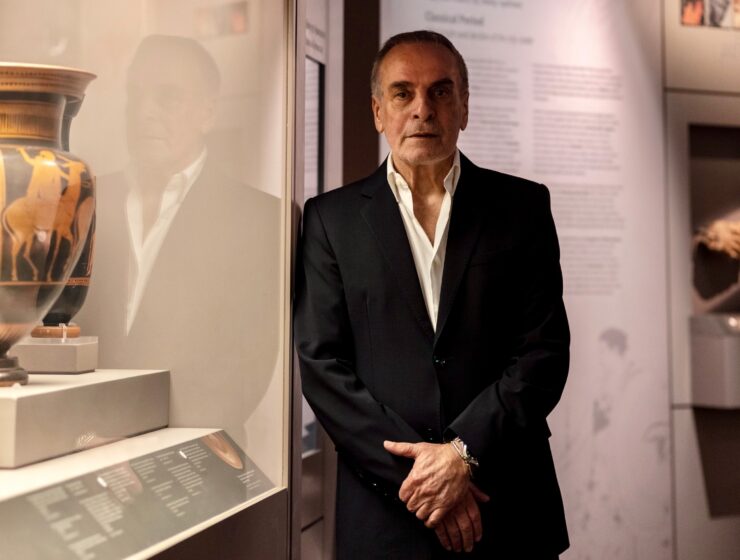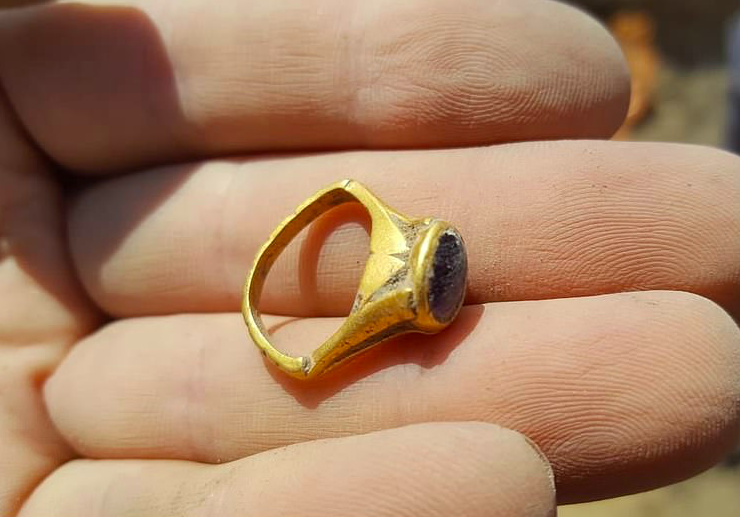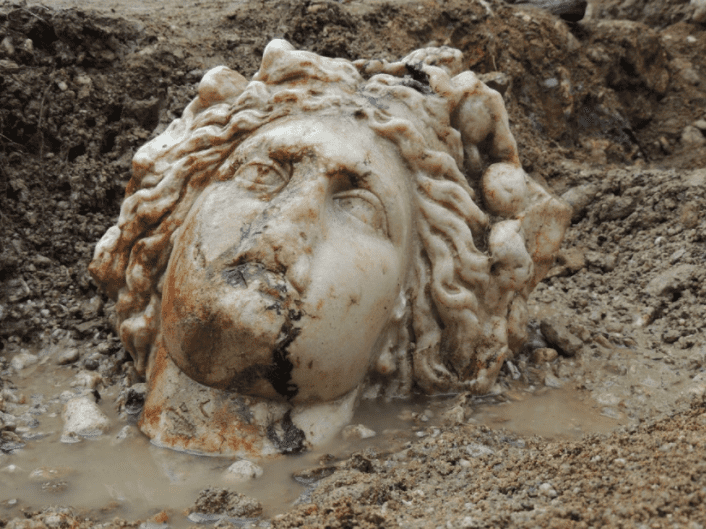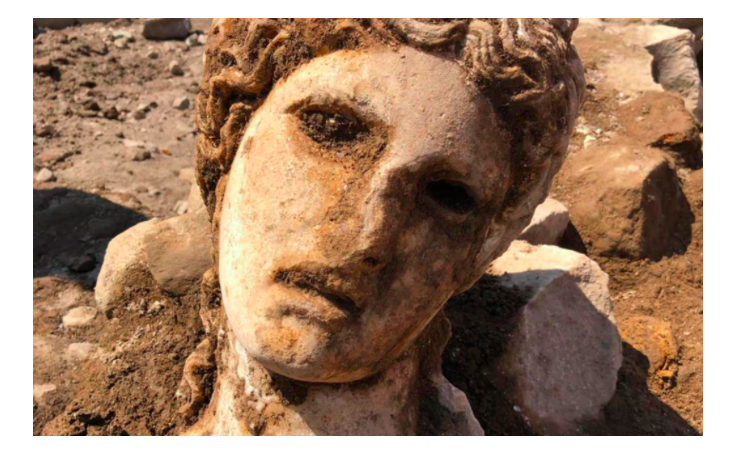Spectators return to the Ancient Theatre of Larissa after 22 centuries.
Tag: Dionysus
Holidays and rituals seem to have always been a universal aspect of the human experience,…
Spectators return to the Ancient Theatre of Larissa after 22 centuries.
The Greek islands are a distinguishing feature of Greece’s morphology and an integral part of the country’s culture across the ages, each with its own past and a story to tell about how it got its name.
Unique Ancient Winepress in Israel Depicting Greek Gods are the only ones from antiquity discovered that were built inside of a covered water reservoir, the largest of two arched-reservoirs part of the impressive water at Zippori
Holidays and rituals seem to have always been a universal aspect of the human experience,…
The World’s Best Vineyards 2022 have been revealed, with three of Greece’s most beautiful vineyards gracing the list.
The Greek islands are a distinguishing feature of Greece’s morphology and an integral part of the country’s culture across the ages, each with its own past and a story to tell about how it got its name.
The Greek Gods represent humanity at its best and worst. From the violent and destructive…
A new archaeological exhibition, on the theme of ancient theatre, is scheduled by the Museum…
Holidays and rituals seem to have always been a universal aspect of the human experience,…
A 1,400 year old amethyst ring found by archeologists was most probably worn by a wealthy wine taster in an attempt to ward off a hangover – a myth that originated in Greece and was widely shared in the ancient world.
Described as possessing “astonishing beauty”, two heads of ancient statues of Aphrodite, the goddess of love, and Dionysus, the god of wine, have been uncovered in an archaeological dig in the ancient Greek city of Aizanoi.
Archaeologists have made a huge discovery in the heart of Rome after stumbling upon a…


